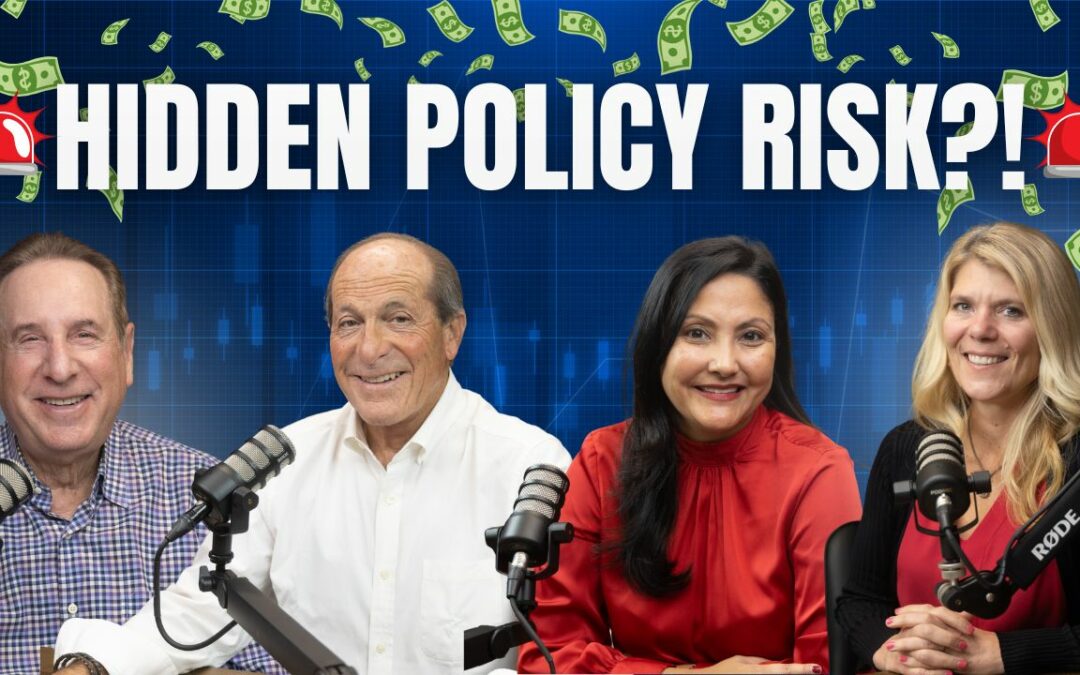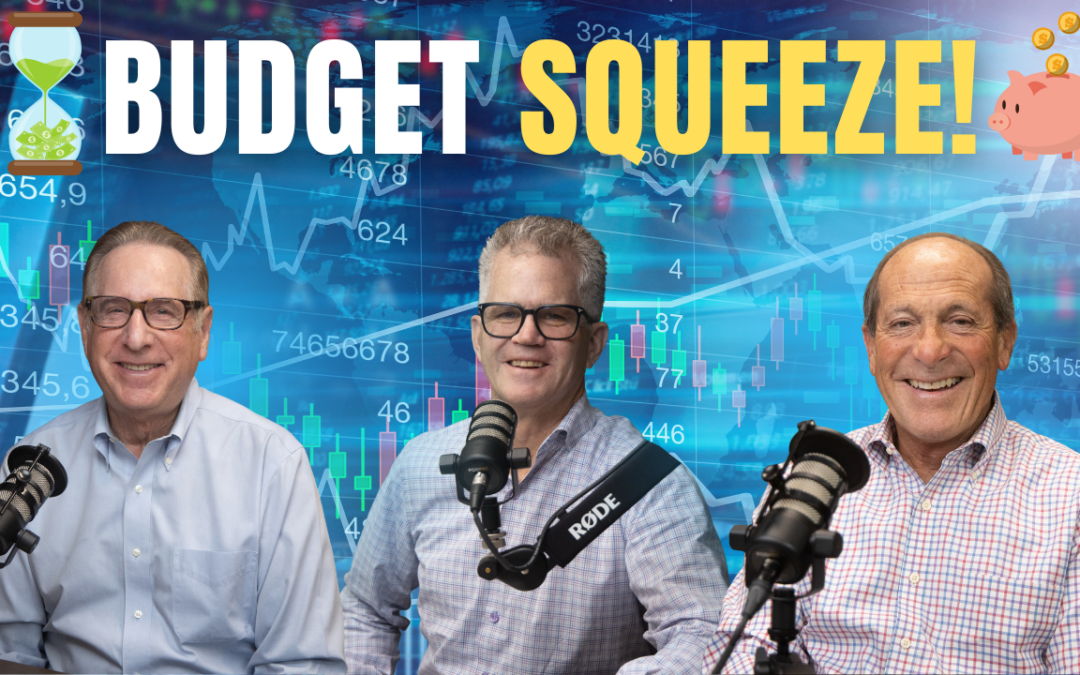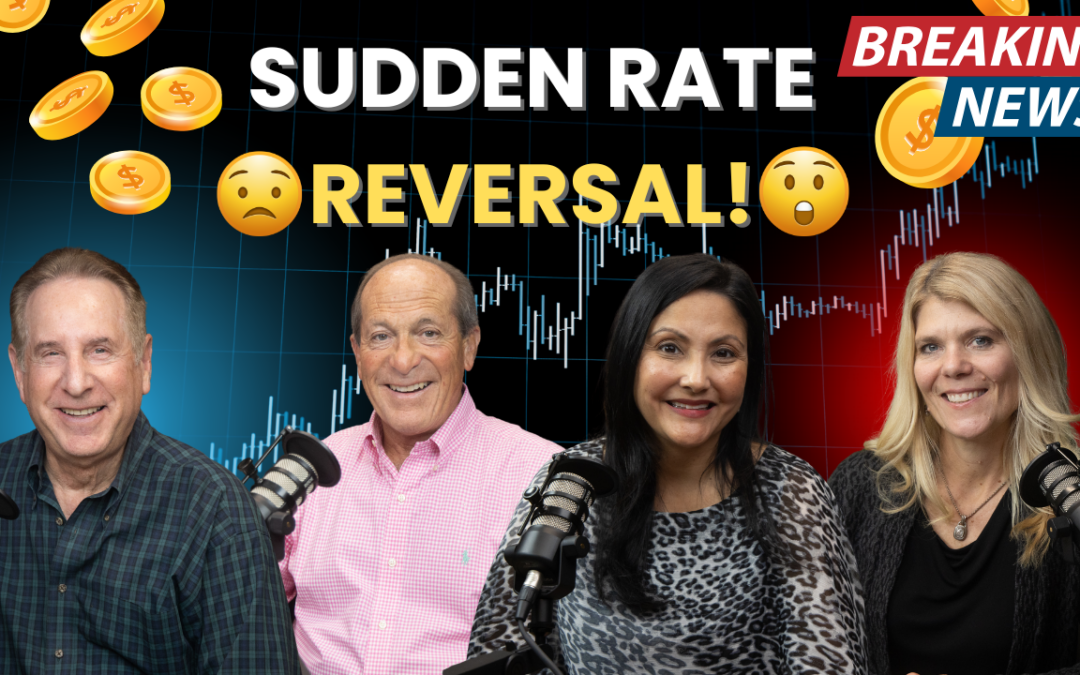
What Investors Get Wrong At The Start Of Every Year And How To Avoid It In 2026
A new year is here and so is a fresh look at what lies ahead for investors. In this episode, the WWM Financial team kicks off 2026 with a recap of how markets wrapped up 2025, why the strong start to January matters, and what volatility could mean in the months ahead.
The conversation dives into headlines about potential market “crashes,” interest rate expectations, and where opportunities may be hiding beneath the noise. From tech and software stocks to healthcare innovation and sector rotation, the team shares insights on what could drive the first half of 2026 and why flexibility will matter more than ever.
On the planning side, tax season is officially on the radar. The team breaks down key early-year moves, including charitable planning with IRAs, required minimum distributions, withholding adjustments, and why now is the best time to review your financial plan before surprises pop up later in the year.
Markets, taxes, policy shifts, and smart planning—all in one episode designed to help you start the year informed and confident. 🎯
Recorded: 01/08/26
Disclosure:
WWM Financial is an SEC Registered Investment Advisor
The opinions expressed in this program are for general informational purposes only and are not intended to provide specific advice or recommendations for any individual or on any specific security. It is only intended to provide education about the financial industry and how we may be able to assist. To determine which investments may be appropriate for you, consult your financial advisor prior to investing. Any past performance discussed during this program is no guarantee of future results. As always please remember investing involves risk and possible loss of principal capital. Tax considerations presented may not be appropriate every individual circumstance. A tax professional should be consulted before making any decisions about your tax liability. wwmfinancial.com | 760.692.5190










